Electrical Engineers: Working in the Aerospace Field
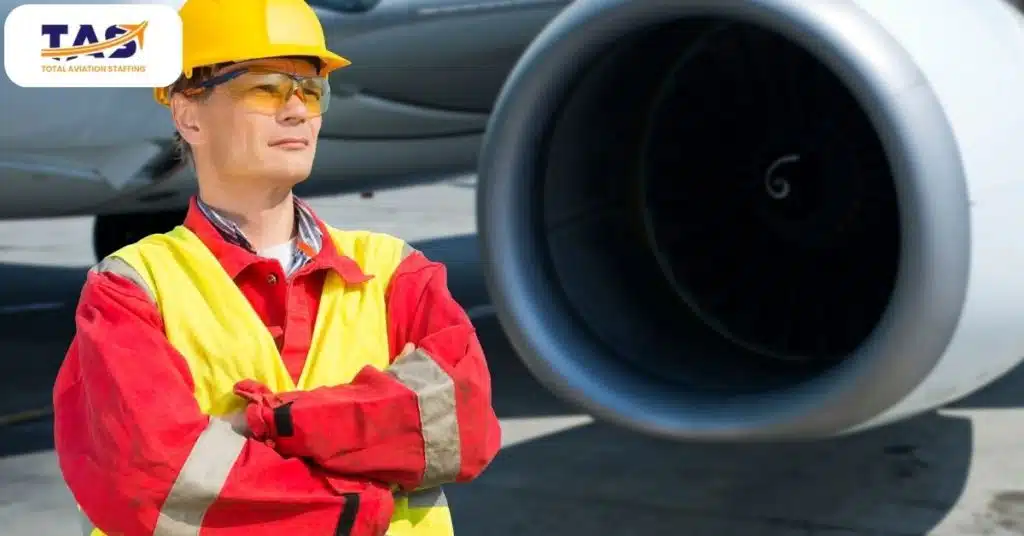
Are you a creative, innovative problem-solver looking to have an impact on the aerospace industry? If so, Electrical Engineering just might be the career for you! An Electrical Engineer working in the aerospace field is responsible for designing, creating, and maintaining electrical systems — from aircraft navigation to communication systems. This profession offers a unique opportunity to use your technical knowledge to develop complex components that contribute to the advancement of aerospace technology. With a deep understanding of electronics, physics, and mathematics, Electrical Engineers are integral in pushing aviation capabilities forward. Read on to learn more about how you can join this exciting field!
1. Control Systems Electrical Engineer
A Control Systems Electrical Engineer in aviation must possess the knowledge and expertise to design, develop, analyze, evaluate and integrate aviation control systems. They will be responsible for creating algorithms and modifying electrical systems accordingly while maintaining focus on safety regulations and ensuring any systems they design are reliable and efficient.
This engineer’s job usually entails using software such as MATLAB or Simulink to create software codes to control aviation vehicles. In addition, they must possess a creative mind to generate innovative solutions that meet aviation requirements without sacrificing performance or functionality.
As can be seen, the work of a Control Systems Electrical Engineer is essential in aviation, as it helps increase reliability and passenger confidence in air transportation.

2. Avionics Electrical Engineer
Aviation relies heavily on the expertise of electrical engineers, particularly avionics electrical engineers. At the forefront of aviation advancements, avionics electrical engineers are responsible for developing and maintaining aviation electronic systems and supporting components that are essential to aviation operations.
They develop computer software to monitor systems and use complex instruments such as oscilloscopes and circuit analyzers to identify malfunctions. Avionics electrical engineers must possess a keen attention to detail, have a thorough understanding of complex aviation regulations, and have a strong technical background in the field.
With their specialized knowledge and skillset, aviation can rest assured that their precision and accuracy are held in high regard.

3. Aerospace Power Distribution Design Engineer
Electrical engineers have an integral role to play in aviation safety and customer satisfaction. One of the most critical jobs held by electrical engineers is that of an Aerospace Power Distribution Design Engineer. This individual plays a key part in the design, operation, and maintenance of aviation electrical system components from the cockpit to the tail.
As a designer, they are responsible for creating efficient power distribution systems to increase flight reliability and reduce cost. They must also conceive creative solutions dealing with the physical installation of components in aviation vehicles, such as aircraft or spacecraft. This specialized engineer maintains a tight focus on standards compliance throughout their projects as aviation environments tend to lack redundancy for mistake-proofing purposes.
Electrical engineering plays an essential role in aviation safety and a successful Aerospace Power Distribution Design Engineer helps to ensure that airlines can provide customers with amazing experiences through reliable flights.

4. Electromagnetic Compatibility (EMC) Electrical Engineer
Electrical Engineers working in the aviation industry are essential in ensuring the safe passage of passengers. One particular specialty, electromagnetic compatibility (EMC), plays a vital role as well.
An EMC Electrical Engineer is responsible for ensuring that all electrical systems on board aircraft are functioning properly and free from any electromagnetic interference. This engineer makes sure that the aviation systems function with no disruption due to uncontrollable elements such as lightning, radio frequency transmissions, radio navigation beacons, and other electronic sources.
Keeping aviation fleets running smoothly with minimally interrupted service, an EMC Electrical Engineer is an invaluable asset within the aviation industry.
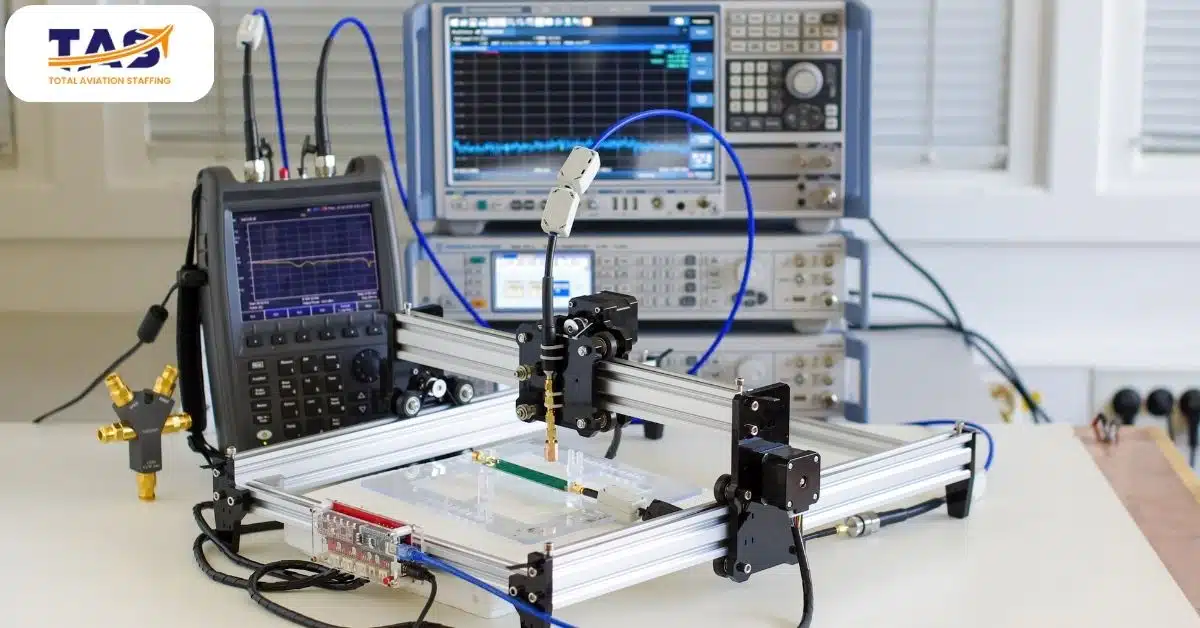
5. Missile Defense System Electrical Engineering
Electrical Engineers in aviation are particularly adept when it comes to missile defense system engineering. These engineers bring their expertise to the design, production, and testing stages of creating aviation defense systems.
Electrical Engineers play a vital role in the development of highly advanced aviation defense systems as they work to ensure the highest levels of accuracy and reliability during every stage. This requires mathematical knowledge, problem-solving skills, electronic understanding, and programming capabilities alongside technical skills needed for aviation defense systems.
Ultimately, the work of electrical engineers in aviation strengthens our air defenses for all of us to reap the benefits.
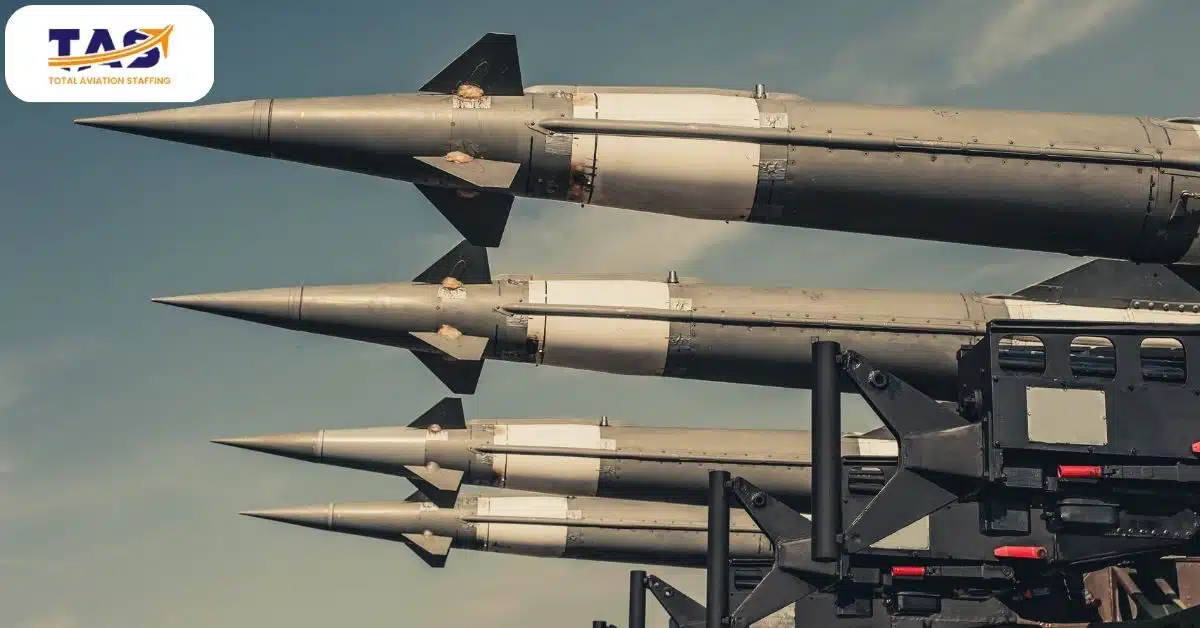
6. Radar Systems Signal Processing and Analysis Electrical Engineering
Electrical Engineers have a unique opportunity to use their science and technology skills in aviation. As an Electrical Engineer focused on Radar Systems Signal Processing and Analysis, you build, maintain and analyze aviation radar systems, which help keep people safe while they’re in the air.
Your job is crucial to every aviation mission as it requires a comprehensive knowledge of aviation engineering, providing guidance to pilots during navigation and weather missions. You optimize aviation radar systems through signal processing and analysis to ensure accuracy and safety compliance.
With your expertise helping ensure smooth operations for pilots, you make sure airports run smoothly and aviation incidents are avoided.
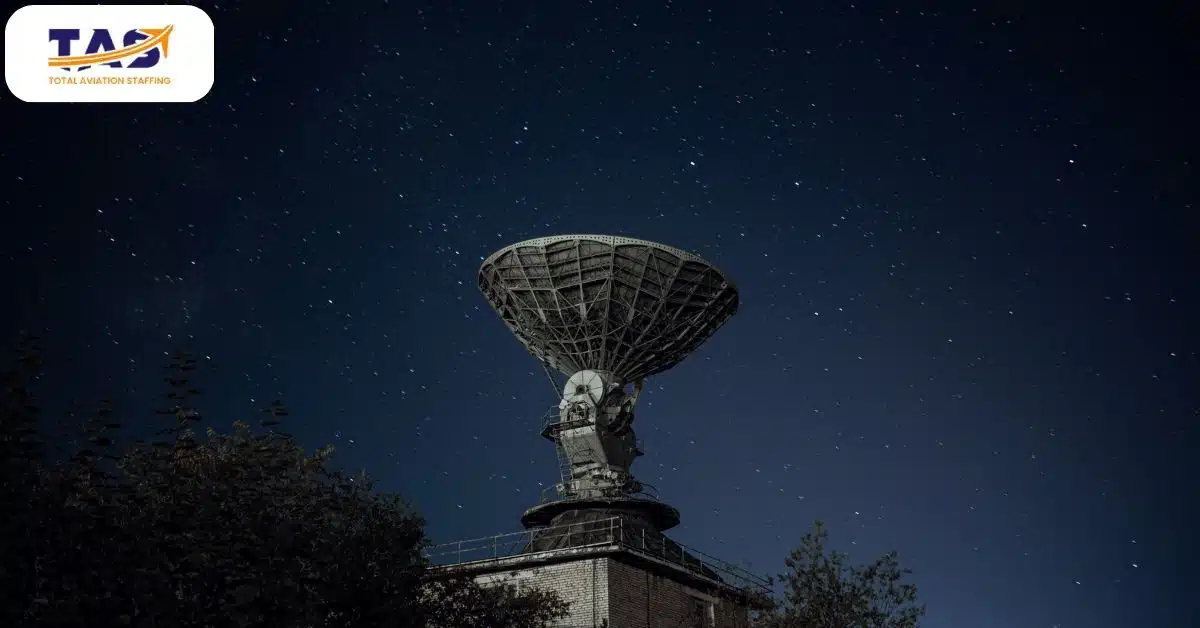
7. Spacecraft Command & Data Handling Subsystems Computer/Electrical Engineering
Electrical engineers play a crucial role in the aviation field, particularly when it comes to spacecraft command and data handling subsystems. This type of engineering applies principles of computer technology to aviation, enabling aircraft to operate accurately and securely while in the air.
Electrical engineers with expertise in spacecraft command and data handling systems are responsible for developing mission-critical components that allow advanced aviation systems to work safely and reliably. This can include everything from designing new hardware, creating innovative software solutions, ensuring communication networks and control systems meet necessary standards, and conducting tests before any system is declared operationally ready.
With their technical knowledge and expertise, electrical engineers provide invaluable services in support of aviation operations.
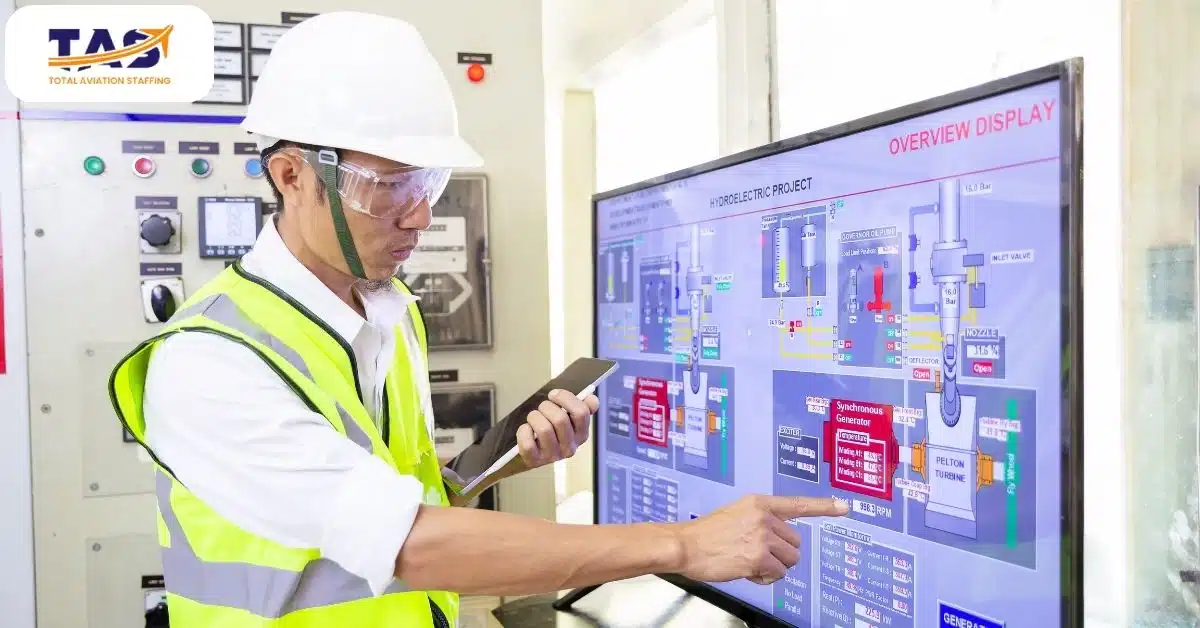
In Conclusion
Electrical engineering is an essential field when it comes to the aviation industry. From designing advanced defense systems to ensuring aircraft can operate safely and securely in the air, electrical engineers play a pivotal role in providing efficient and reliable services. By leveraging their knowledge and research on electromagnetic compatibility, signal processing, data handling subsystems, and more, electrical engineers help make air travel safer and more accessible for everyone.
For anyone looking to become an electrical engineer in aviation, there are a variety of specializations available. With the right skills, knowledge, and dedication, any aspiring engineer can pursue a successful career in this ever-evolving field.
